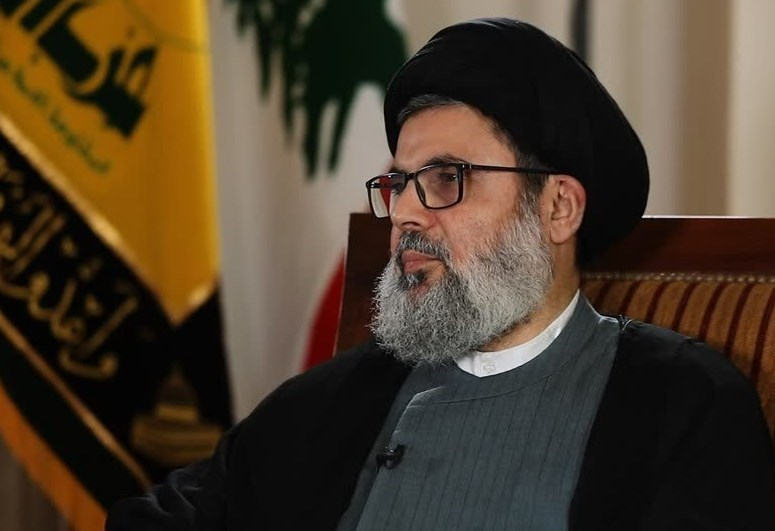Hezbollah, a Lebanese armed group, celebrated Saturday the one-year anniversary of the assassination of its leader Hassan Nasrallah by Israel, the first shot in a war that eventually destroyed large portions of Lebanon and crippled his once-dominant group.
Nasrallah, the leader of the influential Shi’ite religious, political, and military organization for almost 30 years, was murdered by a series of Israeli bunker-busting bombs on a Hezbollah compound in the southern suburbs of Beirut.
Weeks later, Hashem Safieddine, his presumed heir, was assassinated. Hezbollah has refused the growing pressure on the group to disarm.
Naim Qassem, the secretary general of Hezbollah, who took over the position a month after Nasrallah was killed, gave an address to commemorate the occasion.
He reiterated that Hezbollah will not permit disarmament and threatened a bloody conflict, characterizing the conflict as an existential struggle that the group may win.
To commemorate the day, crowds gathered in Hezbollah strongholds in the southern suburbs of Beirut, Lebanon’s south and east, including Iran’s Supreme National Security Council Secretary Ali Larijani.
Infuriating Hezbollah’s Lebanese opponents, who argued the cliffs should not be exploited for political demonstrations, the exhibition proceeded in spite of directives from the Beirut governor and Prime Minister Nawaf Salam.
After Sayyed Abbas al-Musawi, his predecessor, was murdered in an Israeli helicopter raid in 1992, Nasrallah, then just 35 years old, was appointed secretary general of Hezbollah.
He quickly rose to prominence as the public face of a once-shadowy organization established by Iran’s Revolutionary Guards in 1982 to combat Israeli occupation forces thanks to his ferocious remarks.
In sympathy with its Palestinian allies, Hezbollah fired on Israel from southern Lebanon the day after Hamas launched a cross-border offensive into Israel on October 7, 2023.
This led to firefights for almost a year when Israel abruptly intensified by blowing up Hezbollah’s communication devices that were laced with explosives, bombarding the nation with airstrikes, and deploying troops into southern Lebanon.
Israel’s military attack ultimately claimed the lives of over 4,000 people, including over 300 children. Israel is still carrying out lethal strikes in Lebanon in spite of a ceasefire. According to the Israeli military, they target Hezbollah terrorists and the locations where the organization keeps its weapons.
For months, Israel’s air and ground campaign kept Nasrallah from receiving a proper funeral. Since then, devotees have gathered to pray at his grave.

